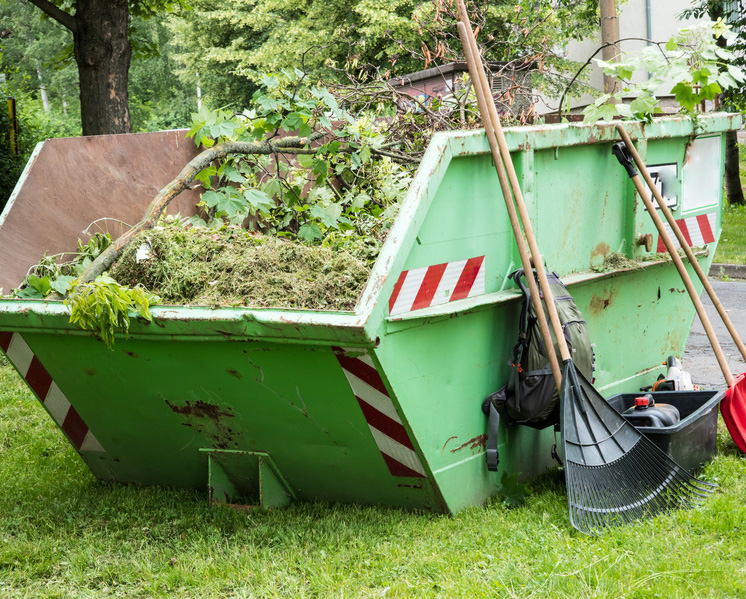This page contains automatically translated content.
Activated carbon from leaves: University of Kassel coordinates new research project
 Image: Image: animaflora/fotolia
Image: Image: animaflora/fotoliaLeaves or grass clippings do not necessarily have to be composted. Researchers in the CoAct project are developing technical processes to obtain activated carbon and energy from such so-called residual biomasses. Activated carbon is a substance used for wastewater treatment, drinking water purification and many other purposes.
The scientists are working on a concept to implement this principle in Friedrichshafen in Baden-Württemberg and the surrounding Lake Constance district. In the process, local farmers will provide fruit tree cuttings for energy and activated carbon production, for example. The products obtained will benefit the regional economy, protect the climate and improve water quality.
"This future-oriented work opens up new sources of income for agriculture and provides impetus for the sustainable use of resources," says Prof. Dr. Michael Wachendorf from the University of Kassel's Department of Grassland Science and Renewable Resources and head of the CoAct project.
Achieving their climate protection goals is a challenge for municipalities like Friedrichshafen, he said. "To do that, you would have to replace more fossil fuels with renewable energy sources," the agricultural scientist said. "Residual biomass such as leaves or landscape maintenance material has hardly been used for this so far." That offers municipalities new opportunities, Wachendorf says.
Technical processes are not the only focus at CoAct. The staff of the transdisciplinary project are also investigating the economic and ecological effects. The legal requirements are also being examined.
In addition to the University of Kassel, which is involved with the departments of Grassland Science and Renewable Resources and Public Law, Environmental and Technical Law, and the Competence Center for Climate Protection and Climate Adaptation (CliMA), the project involves ifeu - Institute for Energy and Environment (Heidelberg), the Institute for Rural Structural Development (Frankfurt), the DVGW Technology Center Water (Karlsruhe), the Lake Constance Foundation (Radolfszell), the company Krieg und Fischer (Göttingen), the company Pyreg (Dörth) as well as the city of Friedrichshafen and the Lake Constance district.
The aim of the BMBF funding measure "Stadt-Land-Plus" is to achieve integrated sustainable development of regions by strengthening urban-rural relations.
Contact:
Prof. Dr. Michael Wachendorf
University of Kassel
Department of Grassland Science and Renewable Resources
Tel.: 05542-98-1334
E-mail: mwach[at]uni-kassel[dot]de
--------------------------------
For more information on the department, please visit www.uni-kassel.de/agrar/gnr or www.researchgate.net/profile/Michael_Wachendorf.